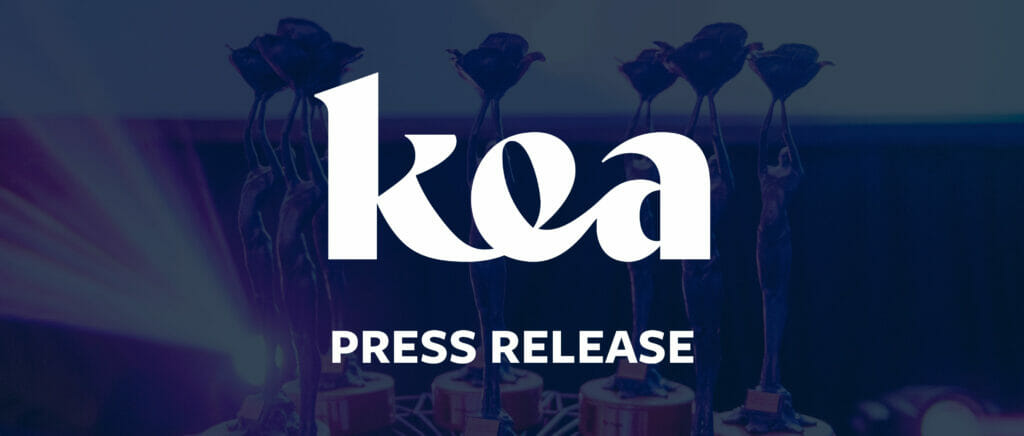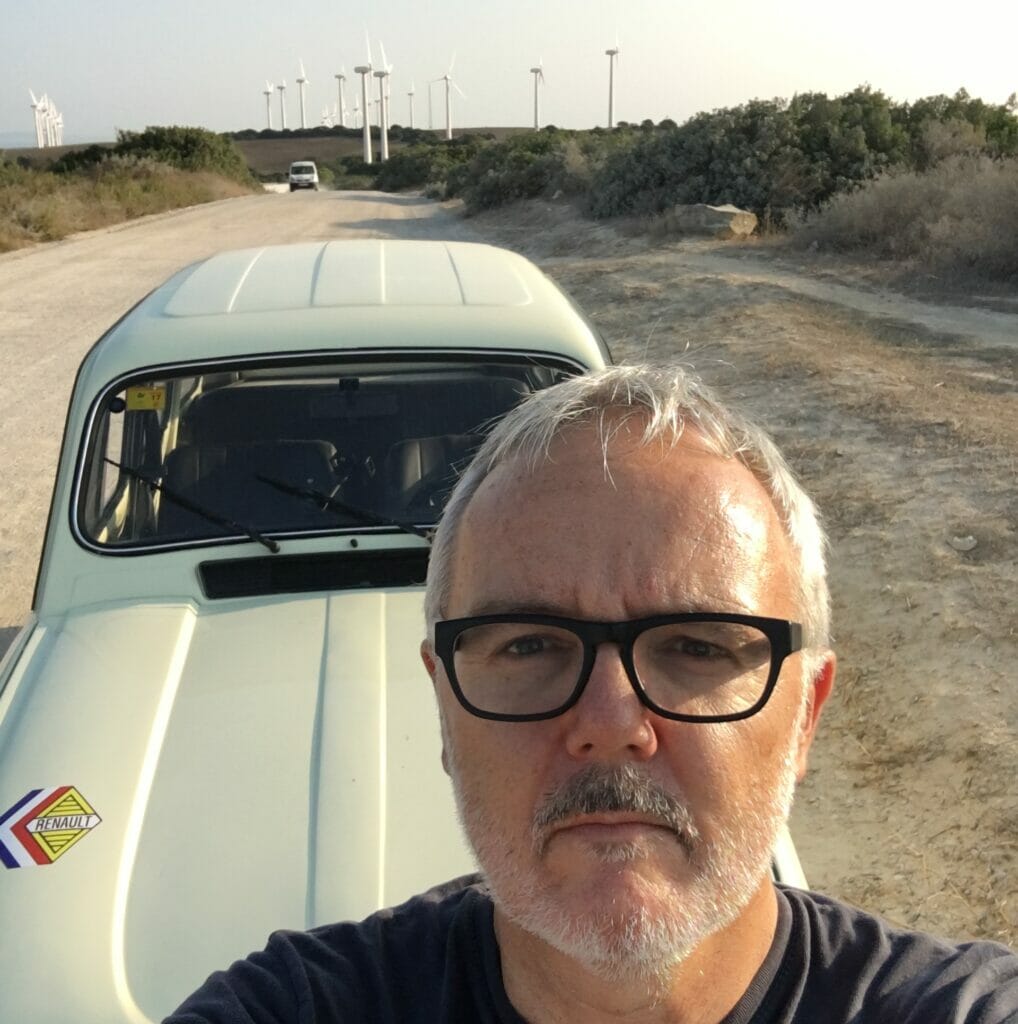In the MIQ video below, hear valuable insights on:
- How to prepare for MIQ and what to expect from the experience
- The release of new vouchers and the availability around Christmas
- What quarantine is like for families and how to best prepare children
- When and how MIQ requirements might change for people who are vaccinated
A huge thank you to Mobile Relocation Principal Bridget Romanes for giving our Kea Community the opportunity to participate in the Q&A.
For more help in planning your return to Aotearoa, see our coming home resource list here.
Watch the full webinar recording below.

 MENU
MENU










